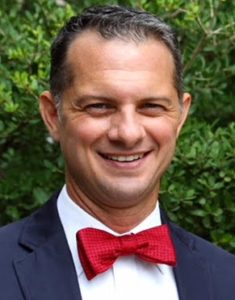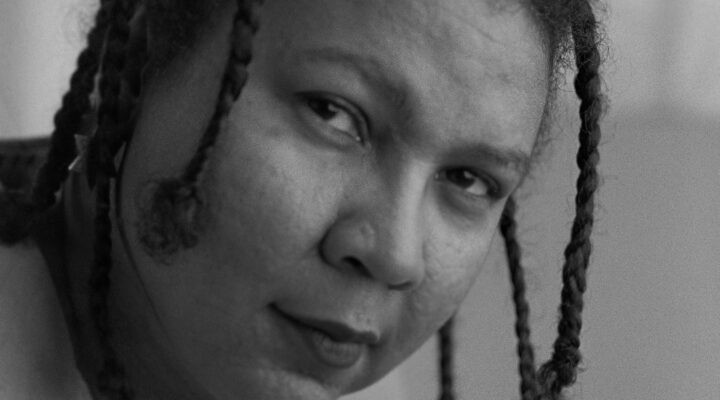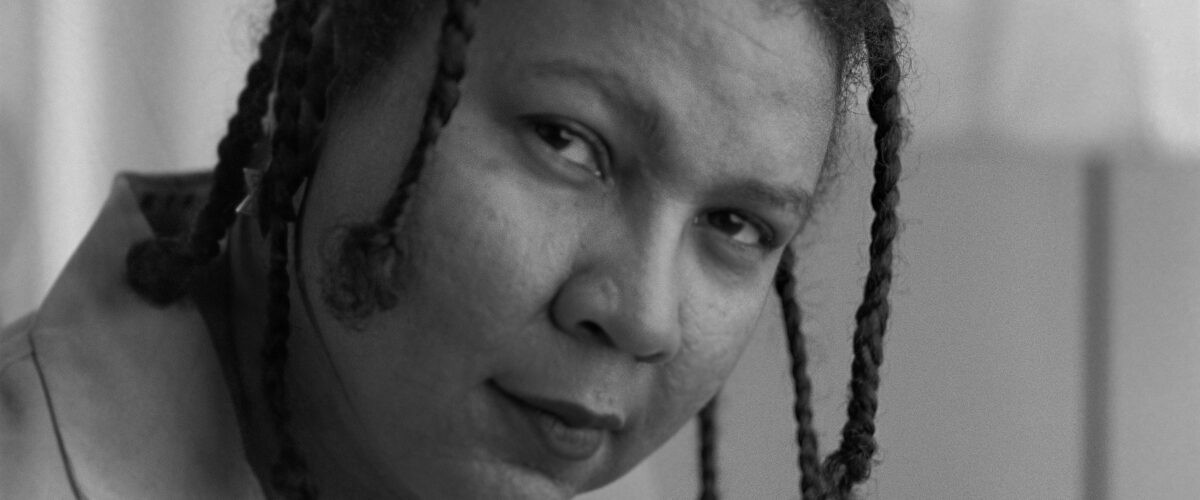Editor’s note: Author and activist bell hooks died Wednesday, Dec. 15, at her home in Berea, Ky. This is a tribute to her influence.
I first heard bell hooks when she spoke at a graduate school event in 1999. She was the most gracious writer, speaker and thinker. Far from the fear that we hear in racist rhetoric today — that antiracist Black voices are seeking to shame white people and spreading a form of reverse racism — hooks was wholly committed to the notion of beloved community.
She described her fear that “many Black people will never repudiate racism because of being daily assaulted by white denial and refusal of accountability.” She added an encouragement for Black people not to let the “action of white folks who blindly endorse racism to determine the direction of our resistance.” In typical bell hooks grace and inspiring fashion, she wrote to her Black peers: “Like our white allies in struggle we must consistently keep the faith, by always sharing the truth that white people can be antiracist, that racism is not some immutable character flaw.”

Jon Singletary
She encouraged white readers to join the work as well. She taught us to see white privilege and the manifestations of white supremacy and to believe that racism can be changed. At the heart of her call to change was the goal of our working and living together in beloved community. She wrote, “In a beloved community, solidarity and trust are grounded in profound commitment to a shared vision.”
Martin Luther King promoted the vision of “beloved community,” a notion that some interpreted to mean a colorblind society. A society where we all just set our history of race and racism aside and seek to love one another. A society where we need to focus less on race because talking about race is what makes people racist.
That’s not it. Rather, beloved community is experienced in recognizing and honoring racial distinctives, identities and histories.
The author says this best: “Beloved community is formed not by the eradication of difference but by its affirmation, by each of us claiming the identities and cultural legacies that shape who we are and how we live in the world.”
She says the idea that we must avoid talk of our own culture to create harmony came from religious fundamentalism and a theology that we must give up any allegiances or attachments to follow Christ. Likewise, a Christian nationalism perpetuates a racism of simply being human, which sounds positive, but which historically and realistically means adopting “the framework of white supremacy” where “subordinate groups must surrender their identities, beliefs, values and assimilate by adopting the values and beliefs of privileged-class whites.”
“To live in an antiracist society,” she wrote, “we must collectively renew our commitment to a democratic vision of racial justice and equality. Pursuing that vision, we create a culture where beloved community flourishes and is sustained.”
“We are in the midst of a new racial reckoning, and the white church is being called to engage in new ways. And yet, her call is still relevant.”
What a profound call to action — written 35 years ago. We are in the midst of a new racial reckoning, and the white church is being called to engage in new ways. And yet, her call is still relevant.
As we seek to live it out, let us not be afraid of the voices who declare that the work is finished or that it is counterproductive. It seems fewer and fewer communities of faith are willing to engage in the antiracist work of building beloved community across racial lines.
“Those of us who know the joy of being with folk from all walks of life, from all races, who are fundamentally antiracist in their habits of being, need to give public testimony,” hooks wrote.
Professor hooks, thank you for your public testimony. Thank you for your challenge to churches. Thank you for your biblical vision of love. Thank you for your thoughts on gender and sexuality and for the ways your words to Black men and women gave insights to white readers as well.
Thank you for pushing us to teach and to transgress, to build community and to encourage critical thinking. From inspiring children to encouraging young adult writers, we were your students across generations, and we are grateful for your wisdom. You will be missed. As we remember you and reflect on your work, may we engage in building beloved community in new ways.
Jon E. Singletary serves as dean of the Garland School of Social Work at Baylor University and holds the Diana R. Garland Endowed Chair of Child and Family Studies.
Related articles:
How I learned to stop making excuses for the men in my world | Opinion by Tiffany Bluhm
True confession: I’m addicted to being white | Opinion by Benjamin Boswell


